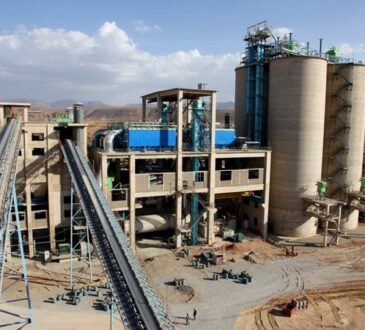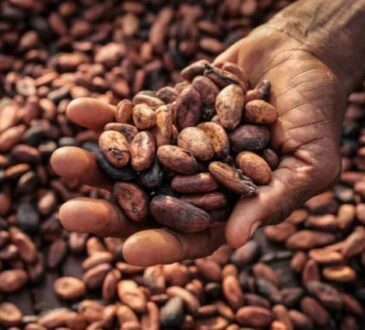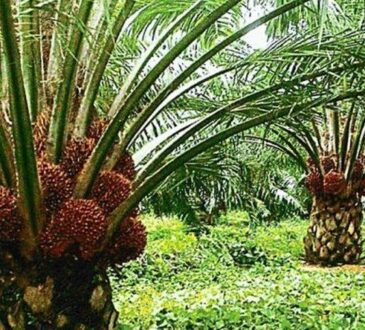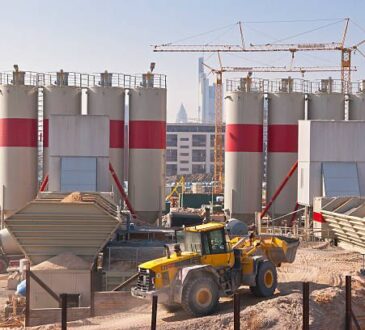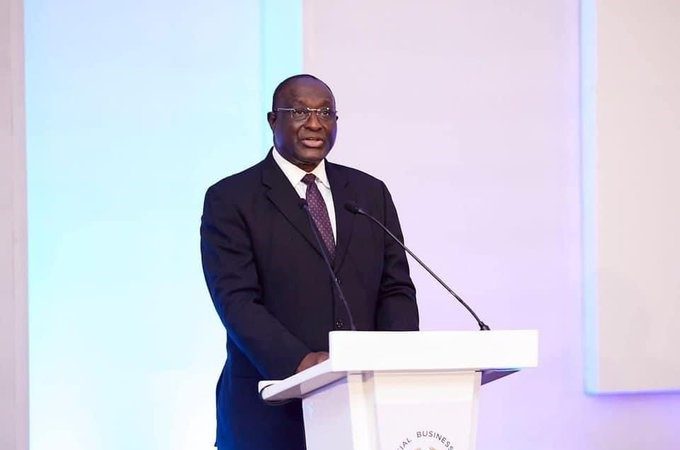
By Benson Afful
Resource-rich country, Ghana, has found itself in a more crucial position than ever as the country battles with economic challenges, with rising inflation and tumbling investor confidence, which has led the West African nation to run to the International Monetary Fund for a US$3billion economic program.
As much as the current New Patriotic Party’ s (NPP) administration tries to restore economic freedom to the people of Ghana as the country prepares for the next major elections to elect its leader in what is termed as a crucial test for Ghana future, experts have argued that the country’s economic fortunes rest on how it will focus more on the development of its local productions as well adding value to its raw materials for export to strengthen the local currency.
Tade and policy analysts have also bet on the much-touted Africa’s single market Africa Continental Free Trade Area (AfCFTA) as the game-changer for Ghana and the rest of the continent to boost its intra-African trade that will bring the needed development to the people.
However, it’s been three years since the continent launched the world’s biggest single market to connects 1.3 billion people across 55 countries with a combined gross domestic product (GDP) valued at US$3.4 trillion.
The pact has the potential to lift an estimated 30 million people out of extreme poverty, but achieving its full potential will depend on putting in place significant policy reforms and trade facilitation measures.
Ghana, which is currently hosting the headquarters of the secretariate also stands to benefit enormously from the agreement as government rallies local manufacturers to export to other African countries under the trade agreement.
It’s estimated that the total cost of about 20 categorised items imported into the country amounted to US$10billion annually.
Alan’s vision
But for Ghana to tap into the numerous benefits of AfCFTA, a flagbearer-hopeful of the New Patriotic Party, Alan Kwadwo Kyeremanten, who is credited with pioneering the AfCFTA initiative and its secretariate in Ghana says he intends achieving economic recovery for Ghana if elected to govern the country by way of providing needed incentives, such as tax rebates, financial support and pro-local industry trade policies, compliant with Word Trade Organisation and AfCFTA protocols.
Mr. Kyerematen, who led Ghana’s team that secured the nod for the secretariat to come to Accra, believes that Ghana is uniquely positioned to become the new commercial capital for Africa.
The trade expert, Mr. Kyeremanten, is noted to have created most of Ghana’s ambitious trade policies including the One-District One-Factory (1D1F), Presidential Special Initiatives and Ghana’s automobile industry plan which has seen several global automobile giants set up their assembly plants in Accra and also to position Ghana as an automobile hub in the sub-region.
His drive at the Ministry of Trade and Industry has made the country witnessed the production of local vehicles by these auto giants such as Suzuki, VW, Nissan, Sino Trucks among others. This will boost Ghana’s competitiveness under AfCFTA.
It is believed that under the AfCFTA, 1D1F policy – which has been designed as a comprehensive industrial transformation agenda to drive the manufacturing sector – will play a key role for Ghana to harness the opportunities that the agreement presents.
According to data from the Ghana Trade Advocacy Network, values for various products imported include tin tomatoes – US$1billion, rice – US$800million, sugar and confectionery – US$300million, flour – US$600million, poultry and meat – US$400million, fish – US$245million, fresh tomatoes from Burkina Faso – US$100million, and toilet rolls and tissue – US$100million.
The rest are cooking oil – US$300 million, pharmaceutical and chemicals – US$750million, soaps and cosmetics, plastics – US$500million, paper – US$600million, tiles and ceramic – US$200million, iron and steel products – US$600million, cars and spare parts – US$2billion, furniture – US$250million, textiles and apparel – US$250million, home appliances – US$900million, and beverages – US$200million.
A leaders advise
Recently, a former President of Nigeria, Olusegun Obasanjo, said African countries must leverage the AfCFTA to break the shackles of colonialism, neocolonialism, and imperialism stifling economic growth.
This, however, is in sync with Mr Kyeremanten’s vision of lifting Ghana’s economy out of foreign aids
According to the frontrunner NPP flagbearer race, Ghana’s inability to promote consumption of domestic products has denied the country of the much-needed stability and growth, critical for transforming the country from poverty to prosperity, resulting in the recourse to the IMF on 17 different occasions since independence.
The African Continental Free Trade Area has the potential to increase employment opportunities and incomes, helping to expand opportunities for all Africans. The AfCFTA is expected to lift million people out of moderate poverty and make African countries more competitive.
However, it is believed that for Ghana to benefit from such policy will depend on leadership and expertise of its women and men, skilled and unskilled across all sectors to ensure that the country benefits fully from the agreement.
Ghana’s economy
This year was marked by currency depreciation, rising inflation, and tumbling investor confidence.
In a report titled “Price Surge: Unraveling Inflation’s Toll on Poverty and Food Security” it states that Ghana faces an extremely challenging outlook, and the economic situation is likely to remain challenging before it rebounds.
Economic growth is projected to slow down to 1.5% in 2023 and remain depressed in 2024 at 2.8% but the economy is expected to recover to its potential growth by 2025.




